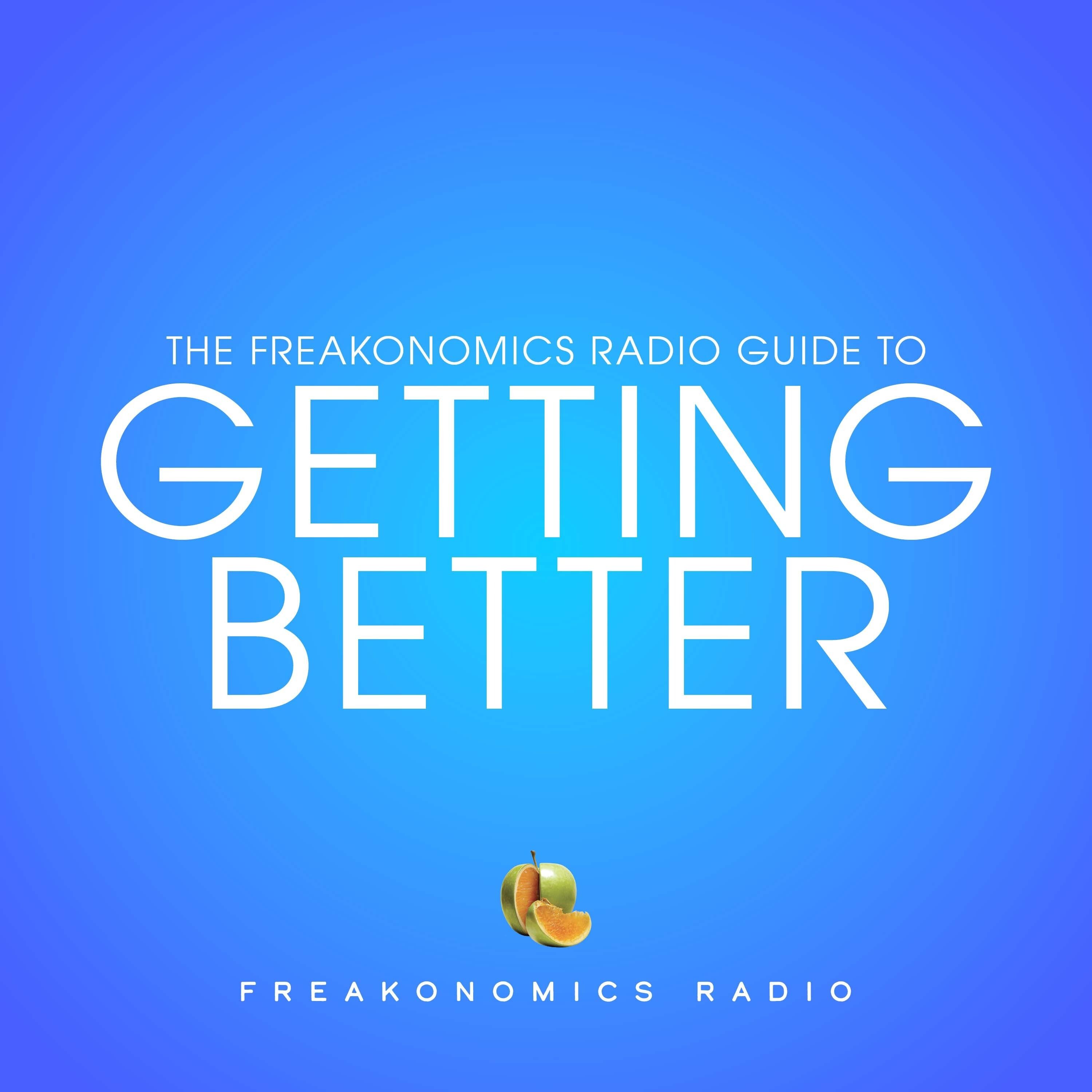Freakonomics Radio
For 50 years, the healthcare industry has been trying (and failing) to harness the power of artificial intelligence. It may finally be ready for prime time. What will this mean for human doctors — and the rest of us? (Part four of “The Freakonomics Radio Guide to Getting Better.”)
- SOURCES:
- Bob Wachter, professor, chair of the department of medicine at the University of California, San Francisco.
- Pierre Elias, cardiologist, assistant professor of biomedical informatics at Columbia University, medical director for artificial intelligence at NewYork-Presbyterian Hospital.
- RESOURCES:
- A Giant Leap: How AI Is Transforming Healthcare and What That Means for Our Future, by Bob Wachter (2026).
- “Epic Systems (MyChart),” by Acquired (2025).
- “Detecting structural heart disease from electrocardiograms using AI,” by Pierre Elias and Timothy Poterucha (Nature, 2025).
- “What Are the Risks of Sharing Medical Records With ChatGPT?” by Maggie Astor (New York Times, 2025).
- “Will Generative Artificial Intelligence Deliver on Its Promise in Health Care?” by Bob Wachter and Erik Brynjolfsson (JAMA, 2023).
- The Digital Doctor: Hope, Hype, and Harm at the Dawn of Medicine’s Computer Age, by Bob Wachter (2015).
- EXTRAS:
- “The Doctor Won’t See You Now,” by Freakonomics Radio (2025).
- “How to Stop Worrying and Love the Robot Apocalypse (Update),” by Freakonomics Radio (2024).
Hosted by Simplecast, an AdsWizz company. See pcm.adswizz.com for information about our collection and use of personal data for advertising.

531. Should You Trust Private Equity to Take Care of Your Dog?
Big investors are buying up local veterinary practices (and pretty much everything else). What does this mean for scruffy little Max* — and for the U.S. economy? (Part 1 of 2.) *The most popular…
Extra: Samin Nosrat Always Wanted to Be Famous
And with her book “Salt, Fat, Acid, Heat,” she succeeded. Now she’s not so sure how to feel about all the attention.
530. What’s Wrong with Being a One-Hit Wonder?
We tend to look down on artists who can’t match their breakthrough success. Should we be celebrating them instead?
529. Can Our Surroundings Make Us Smarter?
In a special episode of No Stupid Questions, Stephen Dubner and Angela Duckworth discuss classroom design, open offices, and cognitive drift.
528. Yuval Noah Harari Thinks Life is Meaningless and Amazing
In this special episode of People I (Mostly) Admire, Steve Levitt talks to the best-selling author of Sapiens and Homo Deus about finding the profound in the obvious.
527. Can Adam Smith Fix Our Economy?
Labor exploitation! Corporate profiteering! Government corruption! The 21st century can look a lot like the 18th. In the final episode of a series, we turn to “the father of economics” for solutions. (Part 3 of…
526. Was Adam Smith Really a Right-Winger?
Economists and politicians have turned him into a mascot for free-market ideology. Some on the left say the right has badly misread him. Prepare for a very Smithy tug of war. (Part 2 of “In…
Freakonomics Radio Needs Your Help
A sneak peek at an upcoming series — and a call for would-be radio reporters.
525. In Search of the Real Adam Smith
How did an affable 18th-century “moral philosopher” become the patron saint of cutthroat capitalism? Does “the invisible hand” mean what everyone thinks it does? We travel to Smith’s hometown in Scotland to uncover the man…
524. How Important Is Breastfeeding, Really?
In this special episode of Freakonomics, M.D., host Bapu Jena looks at a clever new study that could help answer one of parenting’s most contentious questions.
